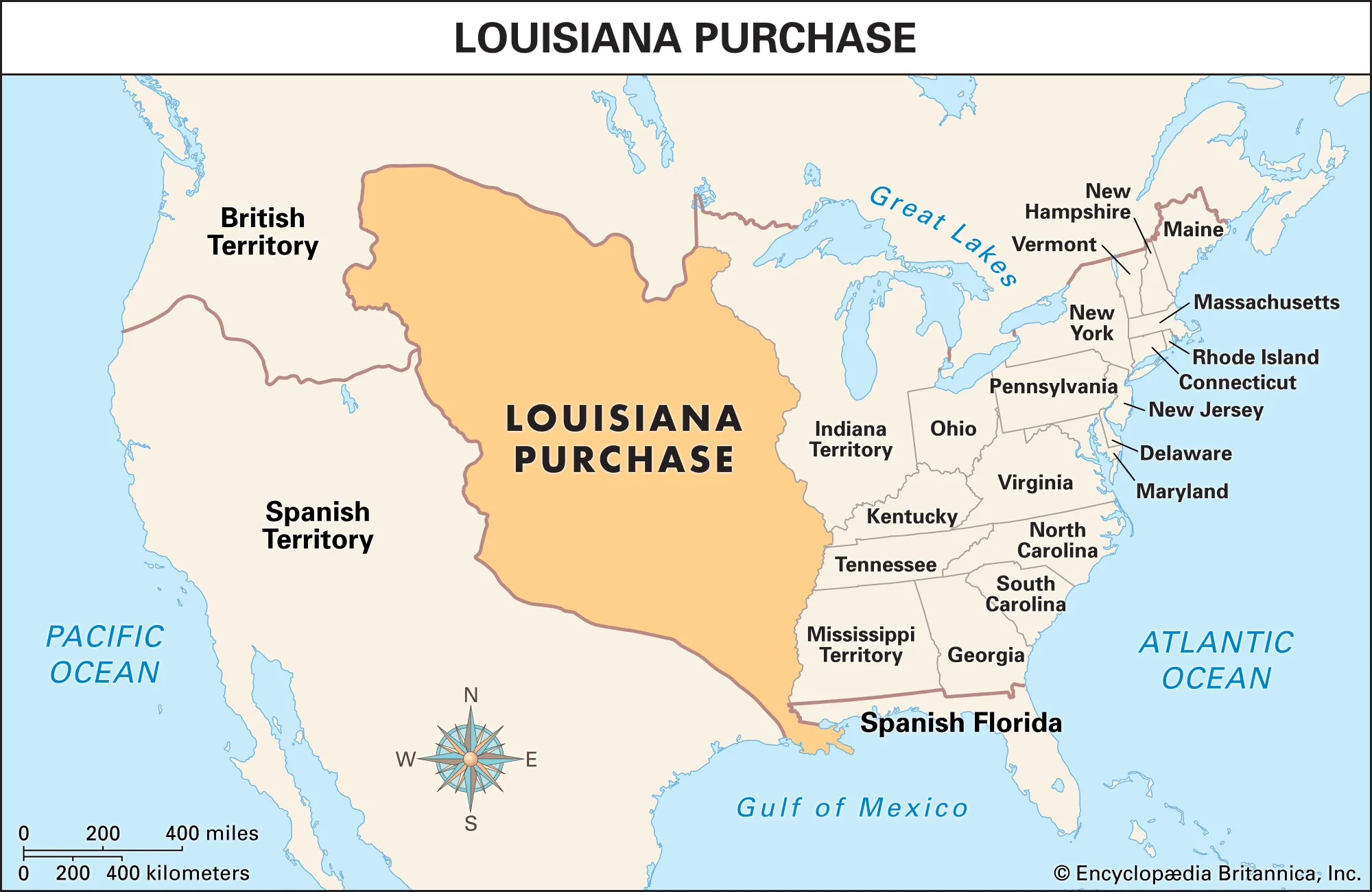In this assignment, I will explain why interest rates are different for different kinds of loans.
Loan prices are always different for different loans. There are many reasons why they are different. Here are some:
The risk of a loan can impact the interest rate because if there is higher risk, the lender wants to be sure they can make their money out of it. High-risk loans include personal loans, and credit card loans. These are riskier, because the lender doesn’t know if the person receiving the money will pay it back. If you have a credit card, you are probably very well aware of the high interest rates.
Time can also affect the interest rate. Short-term loans might have lower interest rates because the lender’s money is not away for as long, which means that longer-term loans would have higher interest rates because the lenders money would be away for longer. An example of a long-term loan would be a mortgage.
Other reasons:
If the lender thinks the loan is going to be used to make more money, or increase the borrower’s productivity, then the lender might give a lower interest rate, because it is more likely that the loan will be payed back.
The credit score of the borrower can also impact the interest rate.
In short, the main reasons that make interest rates different are time, risk, credit score, and what the loan will be used for.
